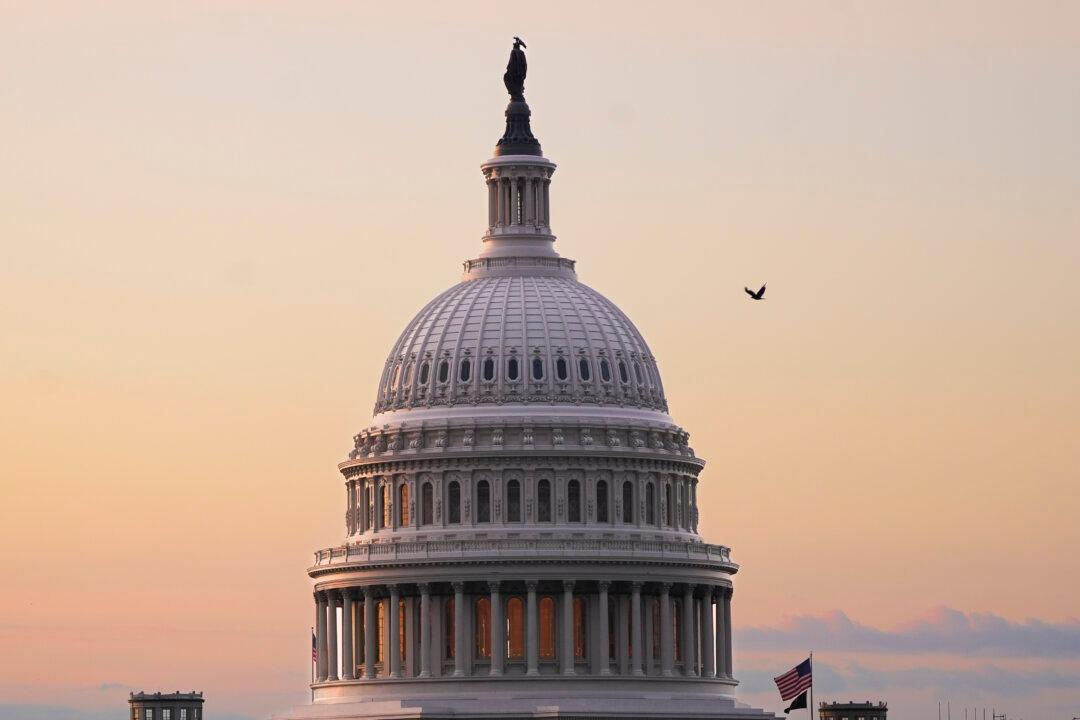With the U.S. government on the verge of shutting down on Sept. 30, House Democrats could use a mechanism to go around House Speaker Kevin McCarthy (R-Calif.), who is facing resistance from the hard-line conservative Freedom Caucus.
Democrats who spoke to The Epoch Times didn’t rule out using the discharge petition, which allows 218 House members, a simple majority, to force a vote on legislation, given that the GOP controls the lower congressional chamber by only a slim margin.






